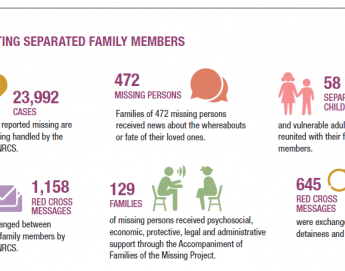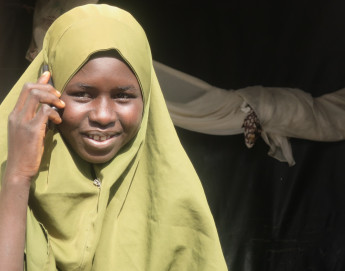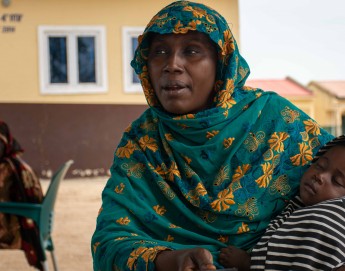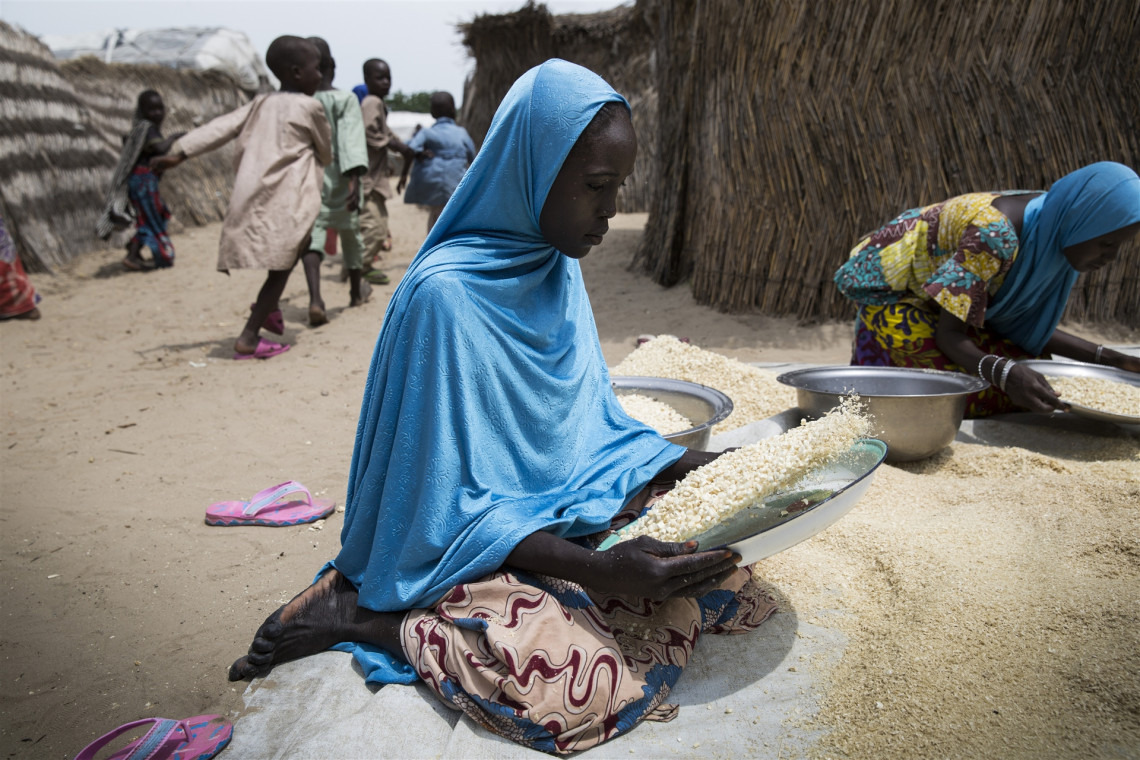
Nigeria's slow violence on health care

Before Falmata and her family fled their home because of an outbreak of violence, the town of Dikwa had a medical clinic and hospital where people could seek assistance.
"After we went back, both were gone. The hospital had been looted and vandalized, the clinic burned down. All the staff had fled. For a while there was no care anymore," Falmata said.
The assault on Dikwa that Falmata referred to had its origins in 2009, when an armed insurgency erupted in neighbouring Maiduguri, the capital of Borno state. During subsequent fighting, hundreds of thousands of civilians were killed or displaced across north-eastern Nigeria.
In March 2015, fighters overran several townships in Borno state, including Dikwa, whose entire population fled to Maiduguri. Government forces supported by the Chadian army subsequently retook Dikwa and have since maintained a security perimeter on the outskirts of the town.
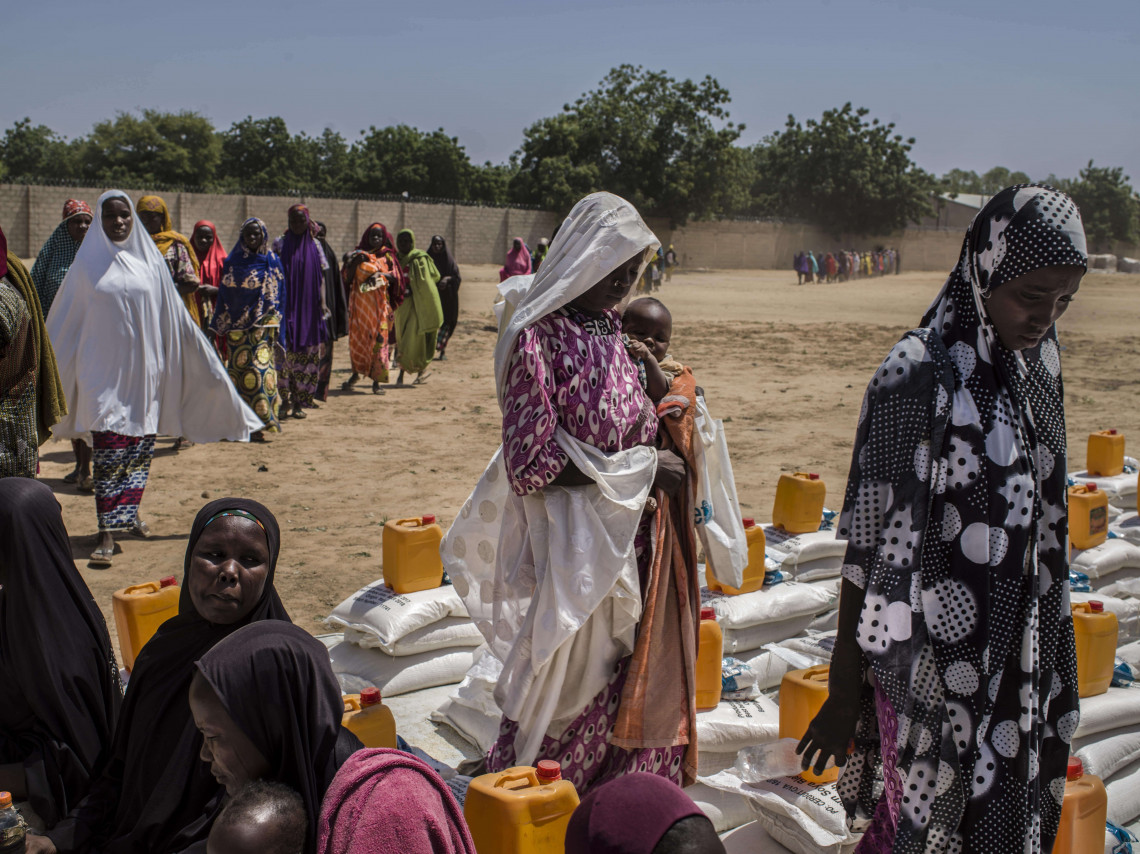
Today, more than 100,000 people are packed into Dikwa's urban centre and several overcrowded camps set up along the periphery, with displaced farmers and livestock herders making up three out of every four inhabitants. Unable to access their lands and deprived of their livelihoods, they are almost entirely dependent on humanitarian aid for survival.
Resources are scarce, including access to safe water and sanitary facilities. Food prices have soared, and malnutrition is on the rise. People are selling the soap they have received from humanitarian organizations because they have no other means to earn money. Cholera is a permanent threat.
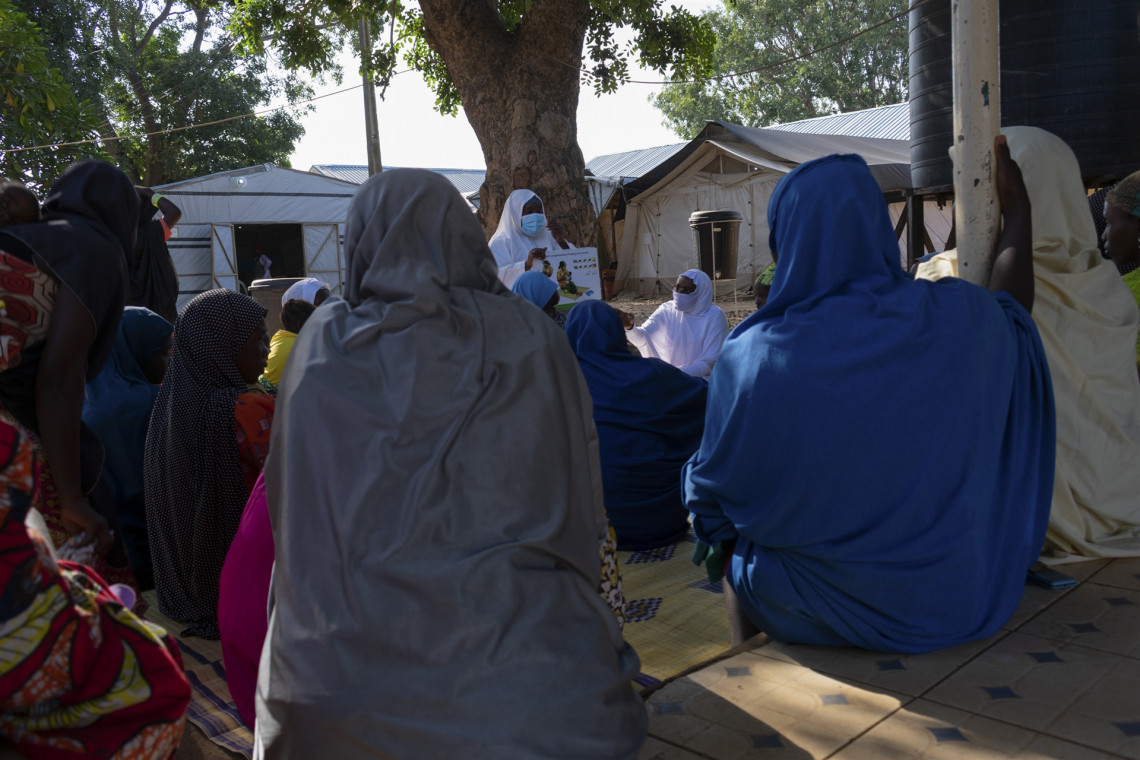
Falmata was among the stream of people who fled Dikwa in 2014 and 2015. She managed to get her children to safety but lost her husband, who was killed during the violence. The lack of medical care after the two facilities were destroyed weighed heavily on the community.
"Later, aid organizations began to provide medical services again. Today, there are again trained doctors and nurses to take care of patients. But if someone is very sick and the local clinic can't help, there is no solution in Dikwa presently. Patients need to be transferred to Maiduguri, but to go there you need a military escort. Otherwise it's not safe."
They are not a target. pic.twitter.com/SOL6sLOf2s
— ICRC (@ICRC) May 3, 2021
Over recent years, international and local aid organizations have set up a network of clinics delivering primary health care to camp dwellers and the greater community, but there is little in terms of specialized care and no surgical services.
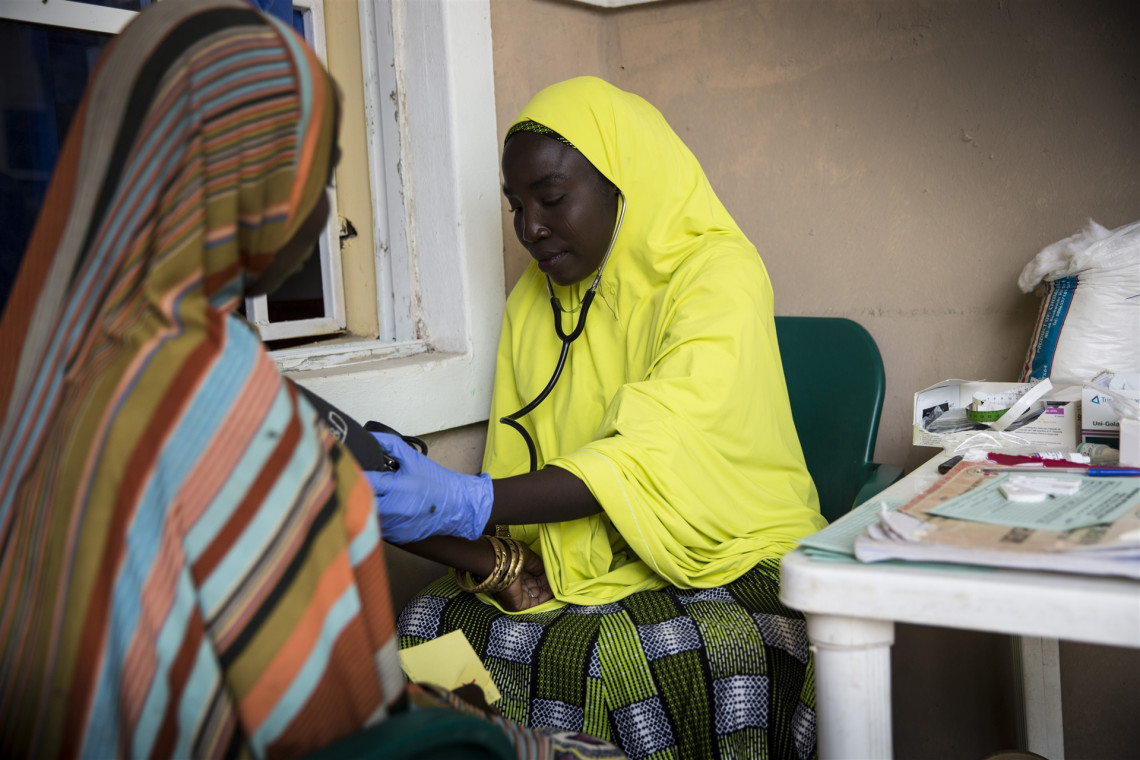
Falmata works as a traditional birth attendant in Dikwa and wants her community to respect COVID-19 preventive measures, but given the situation they face, doing so is a daily struggle.
"Some people respect the rules, others don't. Some people deny that the virus poses a threat and say that we have more pressing problems: insecurity, no access to our farms, high prices, not enough food. The virus is not the only thing we have to worry about," Falmata said.
She looked at the other women sitting in a semicircle beside her. They nodded in agreement.

People can be told to wash their hands often, but they need water and soap to do so. I remember we once had piped water here in Dikwa, and the government ran a big generator so we all could get clean water in our neighbourhoods. But then the attacks happened, and much of this infrastructure was destroyed.
Falmata
In a 2019 survey, three out of four households in camps and two out of five in the rest of the community reported that they did not have enough water to meet their basic needs. A year later, the situation had not changed.
Insecurity in rural areas and continuing displacement to Dikwa have led to extreme population pressure. At the same time, government authorities have not been able to expand the area where displaced people can settle since doing so would make it more difficult to protect the population against further attacks.
In the 5 years since the @UN security council resolution on protecting health care during conflict, we have recorded at least 3,780 attacks in more than 30 countries.
— ICRC (@ICRC) May 3, 2021
New footage on our newsroom highlights the stories of the people behind the numbers --> https://t.co/E4LB4NrnNV pic.twitter.com/aLmarcC4k4
Within the fortress that Dikwa has become, more and more boreholes are being drilled deeper and deeper into the ground to find enough water for the growing population. The latest one drilled by the ICRC reached a depth of 350 meters before it hit a viable aquifer carrying clean groundwater.
Much of the destruction of the previous health and water supply facilities in and around Dikwa has to do with a lack of respect for international humanitarian law and for civilians, their property and the civilian infrastructure that serves them.
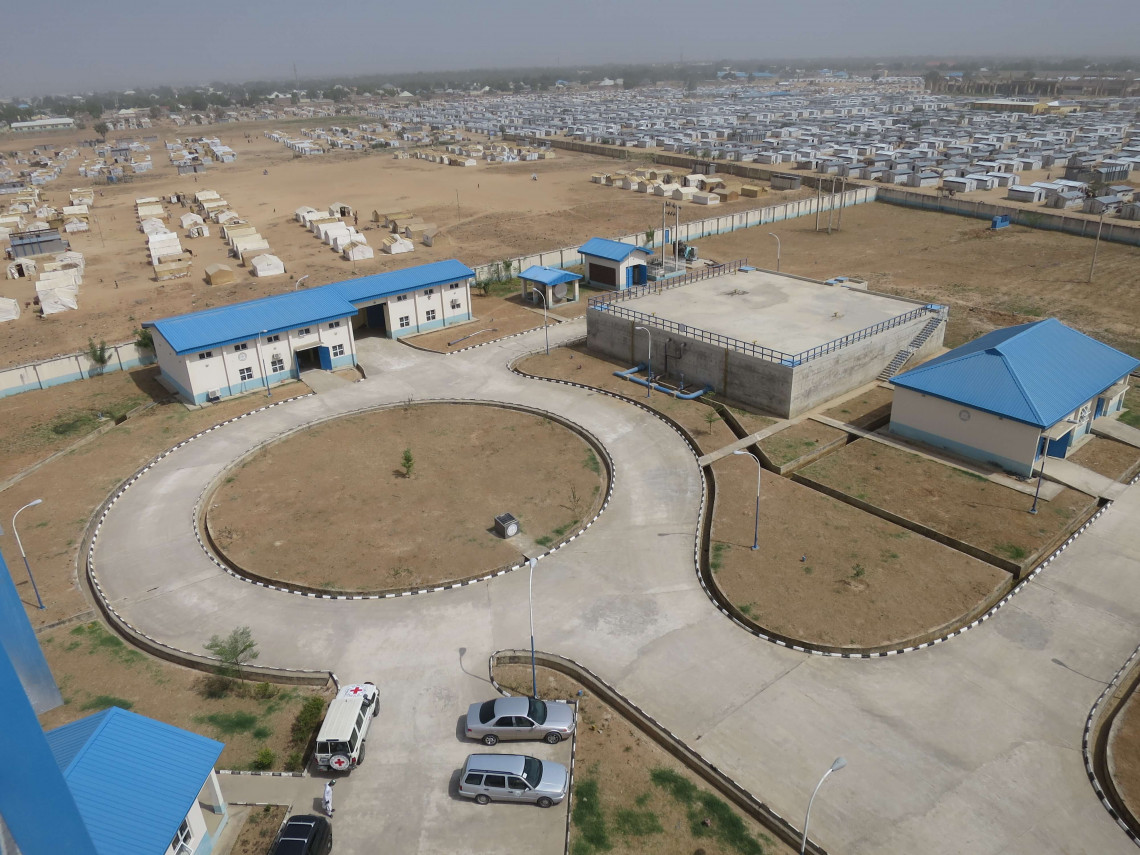
This trend is not new, nor is it limited to north-eastern Nigeria. The wars of the last decade – in Syria, Yemen, Libya and elsewhere – suggest that attacks against critical infrastructure have become an intentional tactic rather than simply incidental damage.
Blown-out windows and walls riddled with bullet holes readily remind us of recent violence, but it is the destruction of the environment and essential infrastructure that has the most debilitating impact on the resumption of normal life, and the quiet departure of all those people who knew how to build, run and maintain those facilities.
Read the rest of Falmata's account along with other stories of hardships, resilience and change in times of COVID-19.

